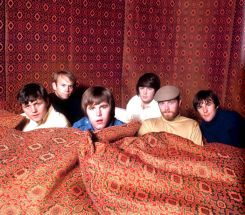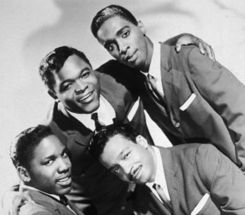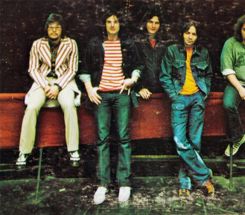oldies
Browse By
Sort By
- Popularity
- Price:Low to High
- Price:High to Low
- Name:A-Z
- Name:Z-A
The Beach Boys
The Beach Boys are an iconic American rock band, frequently cited as one of the most influential and...
Nancy Sinatra
Nancy Sandra Sinatra Jr (born June 8, 1940, in Jersey City, New Jersey, United States) is a singer a...
Tom Jones
Sir Thomas Jones Woodward, KBE (born 7 June 1940), best known by his stage name, Tom Jones, is a Wel...
Connie Smith
Connie Smith (born Constance June Meador 14 August 1941, in Elkhart, Indiana) is an American country...
The Drifters
The Drifters are a long-lived American doo wop Pop R&B band, originally formed by Clyde McPhatter (o...
Barry Manilow
Barry Manilow (born June 17, 1943 in Brooklyn, New York, United States) is an American pop singer-so...
Smokie
Smokie is an English pop rock band from Bradford who found success in Europe and the U.S. in the 70s...
The Guess Who
The Guess Who is a rock band from Winnipeg, Manitoba that was one of the first Canadian groups to es...
The Troggs
The Troggs are an English rock band from the 1960s that had a number of hits in the UK and the US. T...

















